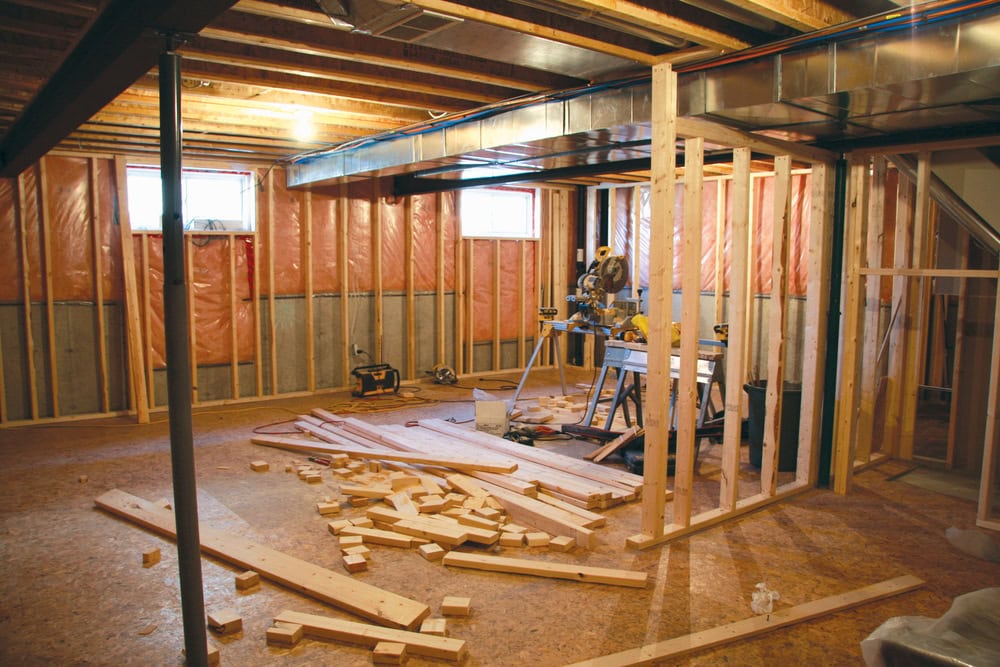Understanding the New B-2 License: A Game Changer for California Contractors
Have you heard about the new B-2 Residential Remodeling Contractor license introduced by the California Contractors State License Board (CSLB)? It’s an amazing opportunity for those of you who want to specialize in remodeling homes. Let’s explore what this new license is all about, how it can benefit your business, and provide some real-life examples … Read more










